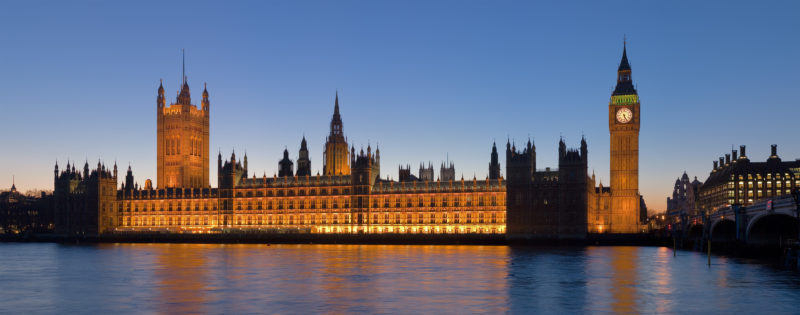Yasmin Qureshi Labour Member of Parliament for Bolton South East

The first six-month review of the Act took place on 30 September 2020, and the House of Commons approved the renewal of the temporary provisions within the Act.
This legislation contains some of the most draconian powers ever seen in peacetime Britain. I worked closely with my colleagues in Parliament to scrutinise this legislation when it was introduced in March to ensure that any exercise of executive power or administrative action is measured against human rights and common-law standards. These include necessity, proportionality, rationality, fairness, and non-discrimination.
I supported the renewal of the temporary provisions with a heavy heart and in the interest of protecting public health and saving lives. However, I understand the concerns that have been raised about the lack of parliamentary scrutiny since the Act came into force.
With such strong powers available, the need for accountability is even more important than in ordinary times. I am therefore pleased that the Government announced that, where it is possible, Parliament will be consulted on any future significant measures that take effect across the whole of England or the UK.
I also understand the concerns that have been raised about schedule 21 of the Act, which gives public health officers, constables, and immigration officers the power to take action against potentially infectious persons.
The Speaker was unable to select any amendments to the Act because only 90 minutes had been allocated for the debate. This is deeply disappointing as there are a number of provisions in the Act, including Schedule 21, that MPs from across the political spectrum wanted to remove/amend. I know that MPs will seek to amend this legislation whenever possible in the future.
It is deeply concerning that schedule 21 has so far been used for 141 prosecutions, all of which were found to be unlawful when reviewed. Additionally, I believe the term “potentially infectious persons” is unclear and could include anybody. I firmly believe that this provision must be looked at again. The Government must also be more transparent and accountable by outlining and explaining the use of schedule 21 powers every month.
More widely, I believe the Government must commit to publishing a monthly review of any disproportionate impact of the Act on individuals or groups and give Parliament the time to debate and hold votes on regulatory changes.
